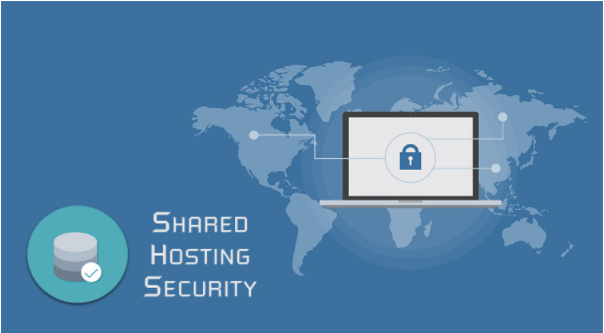Shared hosting has its own set of pros and cons. One of the major concerns most people have is the exposure to security threats because there are a lot of the websites are hosted on the same server. So, if one website faces some problem or security issues it could affect other websites too.
But, don’t worry because there are some measures you can implement to make sure your website remains protected from attackers, hackers, and other malicious activities.
1. Don’t use things that are not in use
In other words, try to keep your website as clean as possible. If you are not using FTP accounts, email accounts, and any other applications, it’s best to remove them. All the files that you don’t need, it’s best to just remove them. When there are unwanted extra files, it takes longer to create backups.
If there are any outdated scripts that the website is no longer using, it is best to just remove them. Outdated scripts are a goldmine for hackers.
2. Make regular backups
Almost every web hosting company claims to take regular backups of the website. However, you should not rely only on your hosting company. Consider this as a fail-safe measure. Do make it a point to maintain your own backups.
For this purpose, you can use file managers.
3. Use different passwords for different accounts
Make sure to use different passwords for different accounts in case of multiple FTP accounts. If hackers can figure out that you are using the same password for everything such as CMS, MySQL database, and FTP accounts, then it gets easier for them to damage the website.
Make it a point to keep changing your passwords regularly and make them strong by using a combination of letters, symbols, and numbers. Don’t go with easy-to-guess passwords. There are lots of random password generator tools that can help you come up with a secure combination.
No matter which software and application your website are currently using, it’s important that you keep updating them from time to time. Don’t just rely on auto-install scripts to run the updates every time some new CMS update rolls out. Learn to perform manual upgrades.
Upgrades are excellent when it comes to protecting the website from any kind of safety and security-related vulnerabilities.
5. Forums
Perhaps you are using forum CMS on your website. If you are, then don’t allow them to use Java Applets, HTML, or let them inject code into the public forum. You can disable the option to do that. It’s easier to ban the users who might be using malicious code by registering on your website.
But, for public forums, you will have to take extra security measures to make sure hackers cannot inject the code.
6. Protect your computer
If you use an FTP client make sure the computer you’re accessing it from is protected. Hackers design viruses and malware to exploit the FTP client security so they can gain access to the files on your website.
Make sure to keep your computer protected from spyware, malware, and viruses as much as you can. Install a good antivirus program that can keep track of unscrupulous activities.
7. Don’t store important information online
Passwords and other sensitive information should be kept on a computer that is not connected to the internet or protected by antivirus firewall. Even if this recommendation is quite common, it doesn’t mean that you can neglect it. If a hacker can access your website and find your personal information such as password, they can go ahead and try to get as much valuable information as they can (banking information, access private files, etc.).
So never keep your valuable information on the website without proper security measures.
8. CMS installations
CMS like WordPress, Drupal, and Joomla are famous for their simple interfaces. But, in the event a hacker knows what version you are currently using, they can use that to gain access to the website. Therefore, it is imperative that you hide the plug-ins or anything that might give away which CMS you use.
9. Reliable hosting company
An excellent way in which you can secure your website is by going with the best web hosting company that is big on ensuring user protection. Although all companies claim to provide this protection, not all of them necessarily do.
Therefore, do your due diligence before going with any shared hosting plan.
Conclusion
Shared hosting is definitely one of the cheapest hosting options out there, but it does come with a higher security risk. However, if you implement the measures discussed above, you should be able to protect your website from most of the security threats.

